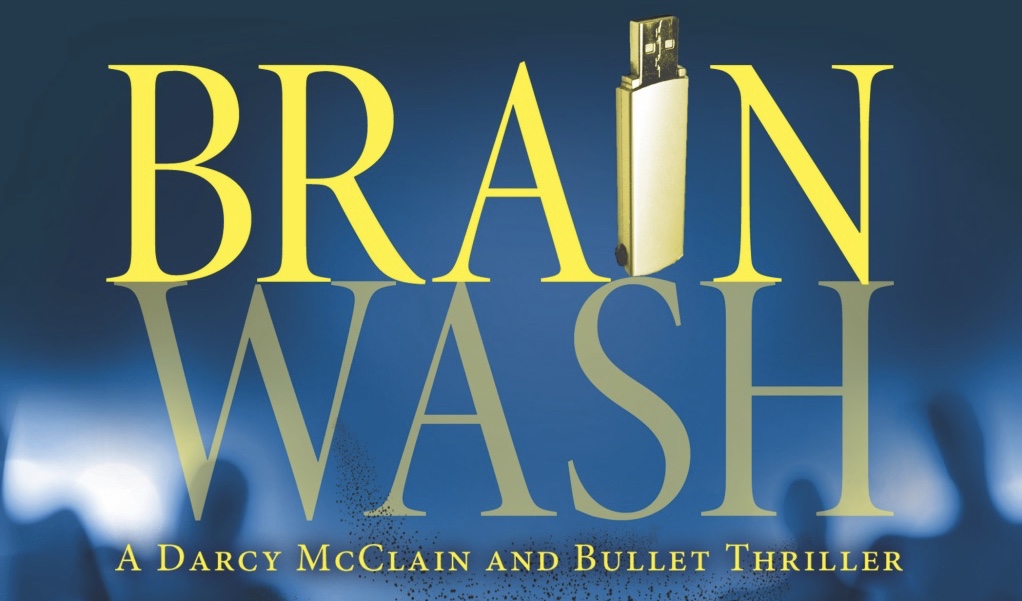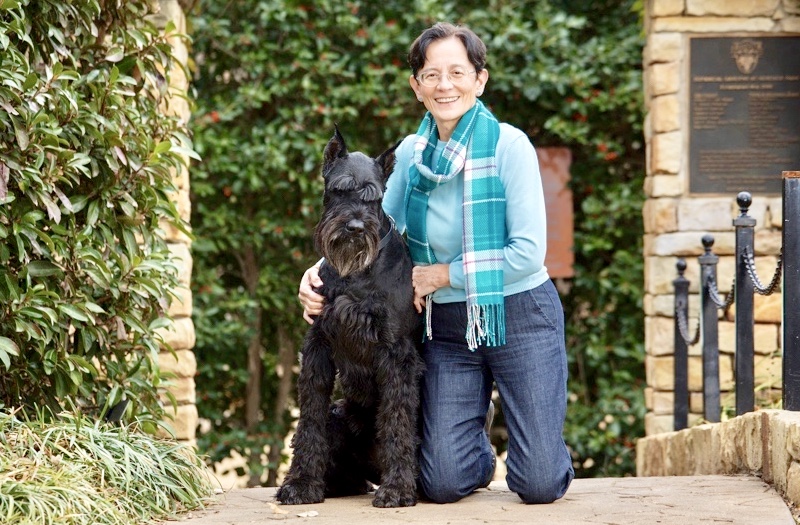 So far, every novel in the Darcy McClain and Bullet Thriller Series has come to life in pretty much the same way. I start with a spark of an idea. Often, these sparks come years in advance of the actual novel. When they do, I stow them away for future use. For example, chapter one of book four flared to life in 2003 during a walk with my first giant schnauzer, Shotz. She found a trash bag in a creek in Keller, Texas. The spark for CLON-X.
So far, every novel in the Darcy McClain and Bullet Thriller Series has come to life in pretty much the same way. I start with a spark of an idea. Often, these sparks come years in advance of the actual novel. When they do, I stow them away for future use. For example, chapter one of book four flared to life in 2003 during a walk with my first giant schnauzer, Shotz. She found a trash bag in a creek in Keller, Texas. The spark for CLON-X.
In many cases, an ending soon follows. While the last chapter may change – and usually for the better by the time the plot unfolds – not once has the concept for the opening chapters been altered in any major way. Each one has set the tone for the plot to unfold.
The mind of a writer is an interesting phenomenon. Who troops through an arroyo in Taos, New Mexico, picking up trash left behind by those who disrespect the land, and ends up collecting, among other things, a filthy floppy disk? It isn’t just a disk, but the impetus for an entire book, Brainwash.
Or why can’t the author simply attend a fun event like the Albuquerque Hot Air Balloon Festival without conjuring up an explosion, blowing a hot air balloon out of the sky with a laser no less? Gadgets is born.
While on vacation in San Francisco and snapping photos of the Palace of Fine Arts, the author envisions this as the ideal place for a murder, Genocide.
A weekend getaway to an upscale hotel in Dallas to celebrate an anniversary becomes the perfect location to stage a massive fire to cover the true reason for the blaze. And there’s the spark for book five, Blue Angel.
Synopsis for Blue Angel
Darcy’s best friend, Samantha Logan, is lured out of retirement by the CIA for a Special Op. When Sam doesn’t show up in Dallas as planned, Darcy senses that Sam is in trouble and begins to track her whereabouts. Her desperate hunt leads Darcy on a footrace across Europe, always trailing steps behind, until she resorts to help from her canine partner, Bullet.
To complicate matters, the CIA is concerned that Darcy and Bullet will blow Sam’s cover and expose the secret operation, so the Agency deploys field agents to stalk them. As if that weren’t enough, Darcy’s former FBI partner, Dan, is worried that both women might be in grave danger, so he’s shadowing them as well.
Thrown back into the environment in which she was raised, Darcy learns the shocking truth about her childhood. These startling revelations shake her adult world, and will change her life forever.
My Favorite Question
The one I’m hearing a lot lately. When is Blue Angel coming out? I actually love the question because it means you’re eager to know more about what Darcy and Bullet are getting up to. So now you have your first hint. Want to track the progress of getting their latest adventure into your hands? That’s all going to be in my monthly newsletter, which will also feature new blog posts. To subscribe, go to patkrapf.com. I promise not to spam your inbox. You’ll only hear from me monthly. And you can opt out at any time. But, of course, I hope you’ll stay.



